Stephanie Pappas is a contributing writer for Live Science, covering topics ranging from geoscience to archaeology to the human brain and behavior.
This odd process, called lithospheric dripping, has been proposed to occur under the Andes, in Central Asia, in the U.S. Pacific Northwest and along the west coast of Canada. Now, researchers have found that the Anatolian plateau in Turkey is undergoing a similar process.
Volcanic eruptions can spill lava on these planetary surfaces. But landforms can also be created when the lithosphere, which consists of the crust and the relatively brittle upper layer of the mantle, gets especially thick. Mountains create a lot of pressure on the lower lithosphere. In the high-pressure zones underneath the towering peaks, new mineralization can occur, Andersen told Live Science. Some of these minerals are denser than the mantle below.
Sign up for the Live Science daily newsletter nowGet the world’s most fascinating discoveries delivered straight to your inbox. Andersen and her team conducted a geophysical analysis of the basin's topography and set up a lab-bench experiment to mimic the formation of this large depression.
United States Latest News, United States Headlines
Similar News:You can also read news stories similar to this one that we have collected from other news sources.
 Tiny Earth-Like World Discovered Orbiting Nearest Single Star to EarthThe Best in Science News and Amazing Breakthroughs
Tiny Earth-Like World Discovered Orbiting Nearest Single Star to EarthThe Best in Science News and Amazing Breakthroughs
Read more »
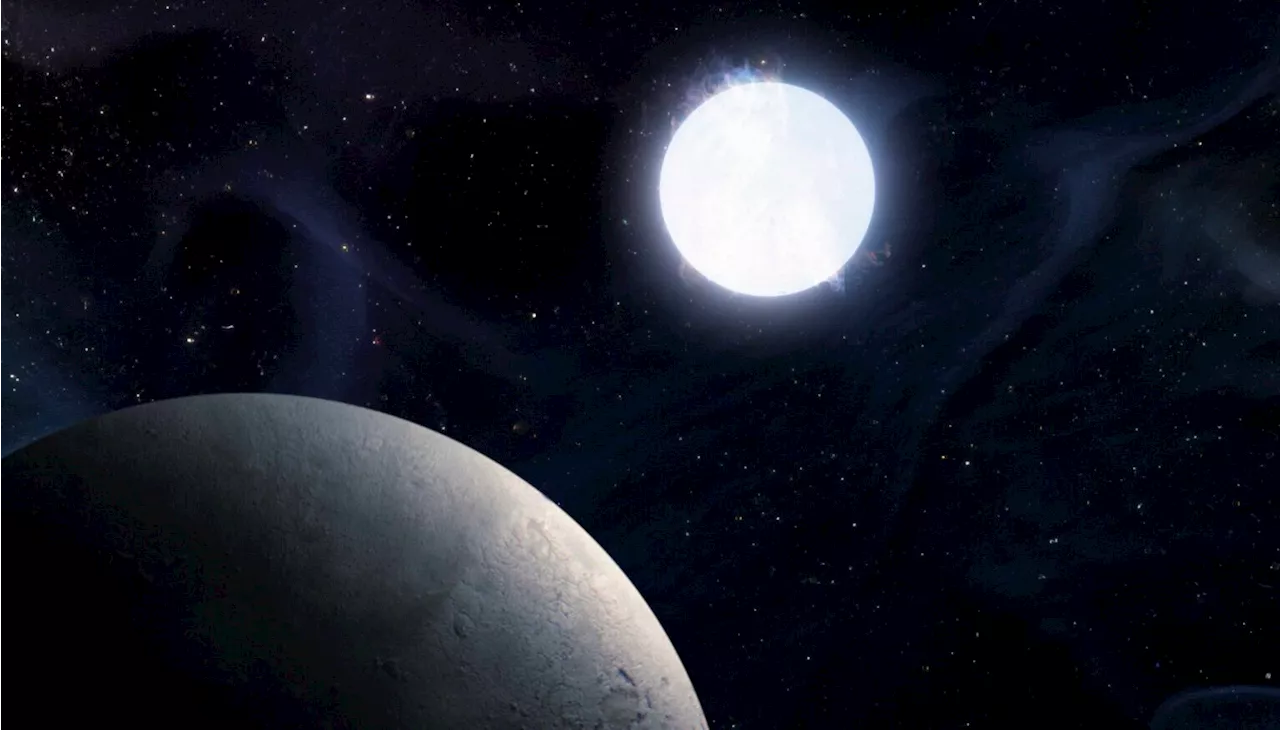 An Earth-like Planet Around a Dead Sun Provides Some Reassurance About the Future of EarthSpace and astronomy news
An Earth-like Planet Around a Dead Sun Provides Some Reassurance About the Future of EarthSpace and astronomy news
Read more »
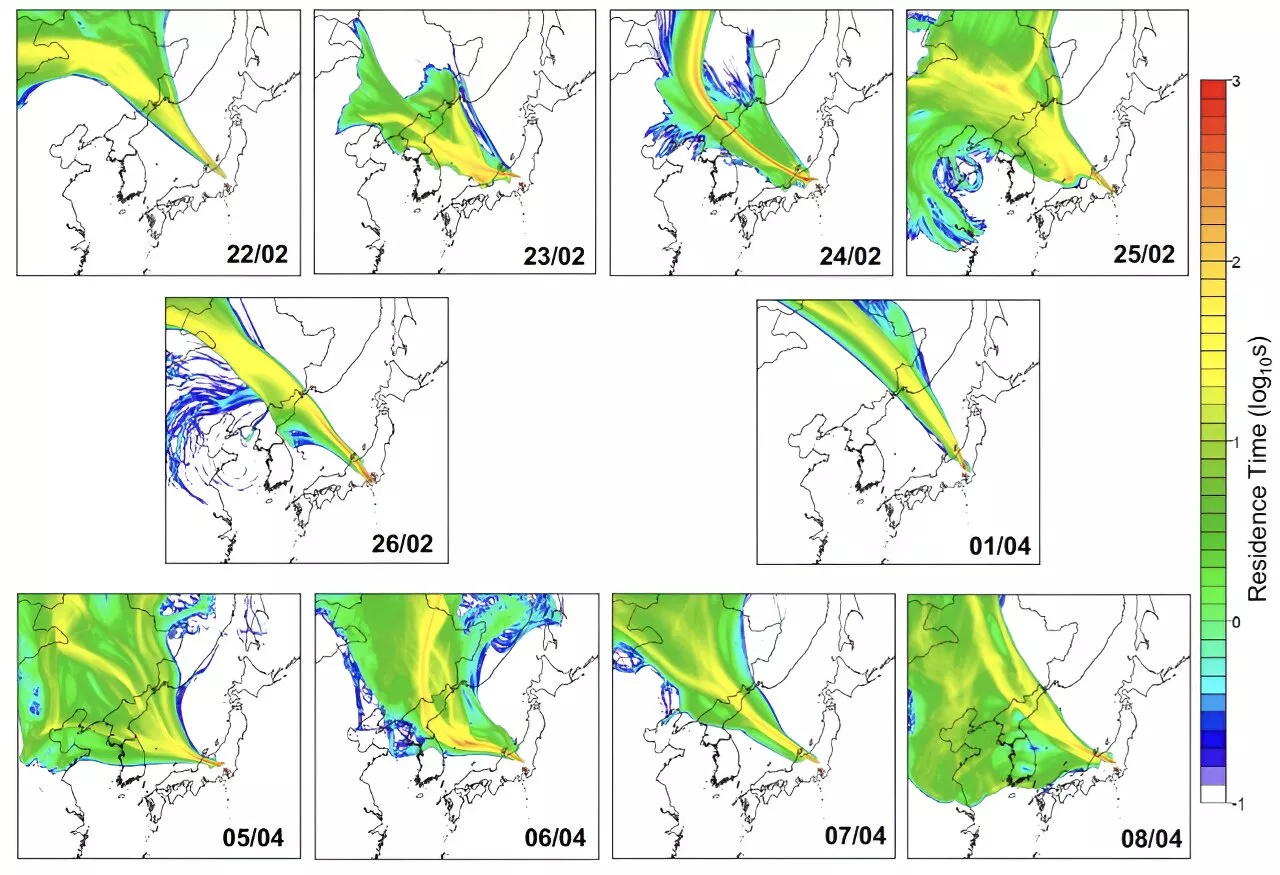 Researchers find live fungi, bacteria and viruses high in the Earth's atmosphereA team of climate, health and atmospheric specialists in Spain and Japan has found abundant live fungi, bacteria and viruses high in the Earth's atmosphere. In their study published in the Proceedings of the National Academy of Sciences, the group collected air samples from altitudes of 1,000–3,000 meters.
Researchers find live fungi, bacteria and viruses high in the Earth's atmosphereA team of climate, health and atmospheric specialists in Spain and Japan has found abundant live fungi, bacteria and viruses high in the Earth's atmosphere. In their study published in the Proceedings of the National Academy of Sciences, the group collected air samples from altitudes of 1,000–3,000 meters.
Read more »
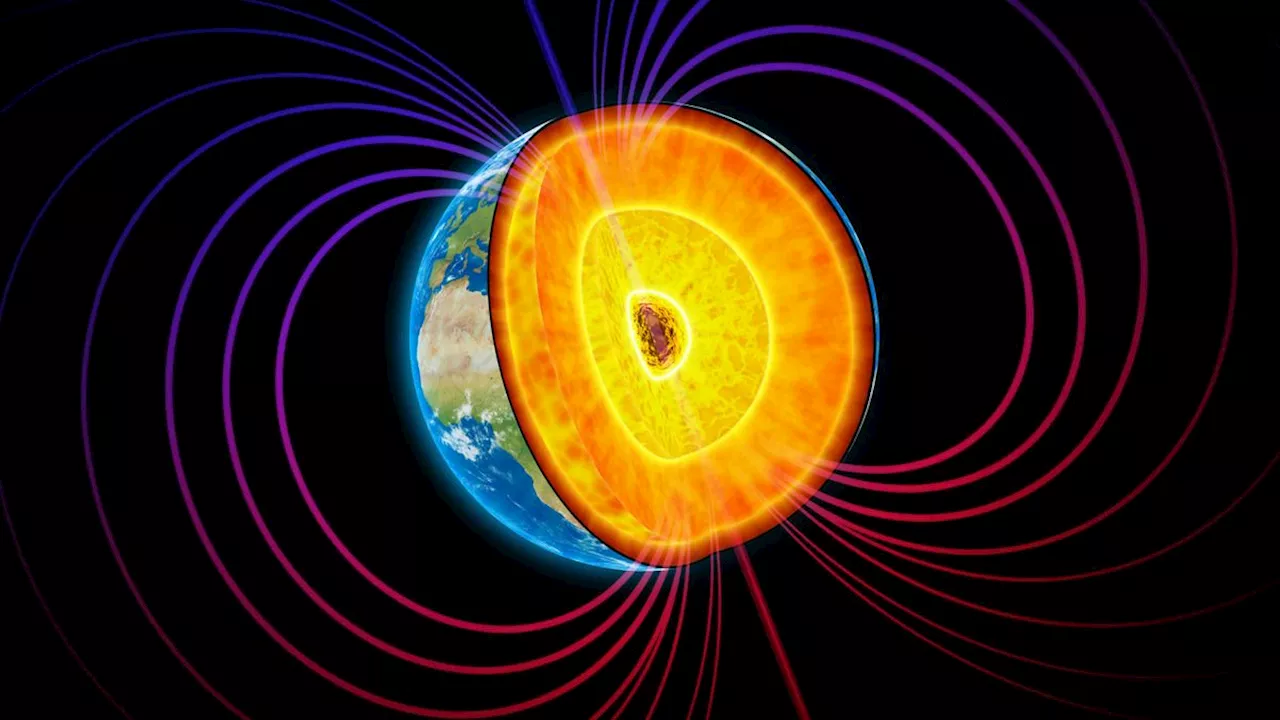 Earth's outer core may hold a hidden 'doughnut'Stephanie Pappas is a contributing writer for Live Science, covering topics ranging from geoscience to archaeology to the human brain and behavior.
Earth's outer core may hold a hidden 'doughnut'Stephanie Pappas is a contributing writer for Live Science, covering topics ranging from geoscience to archaeology to the human brain and behavior.
Read more »
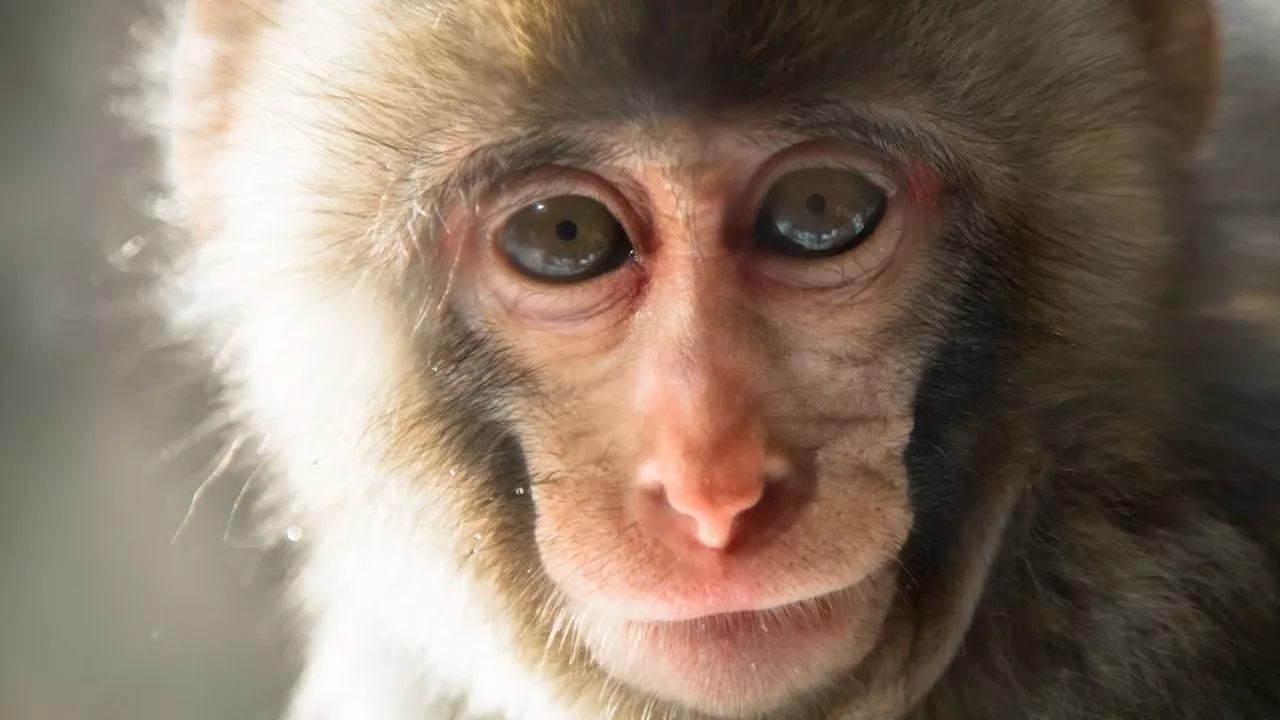 Scientists restore monkey's vision with a patch made from human stem cellsStephanie Pappas is a contributing writer for Live Science, covering topics ranging from geoscience to archaeology to the human brain and behavior.
Scientists restore monkey's vision with a patch made from human stem cellsStephanie Pappas is a contributing writer for Live Science, covering topics ranging from geoscience to archaeology to the human brain and behavior.
Read more »
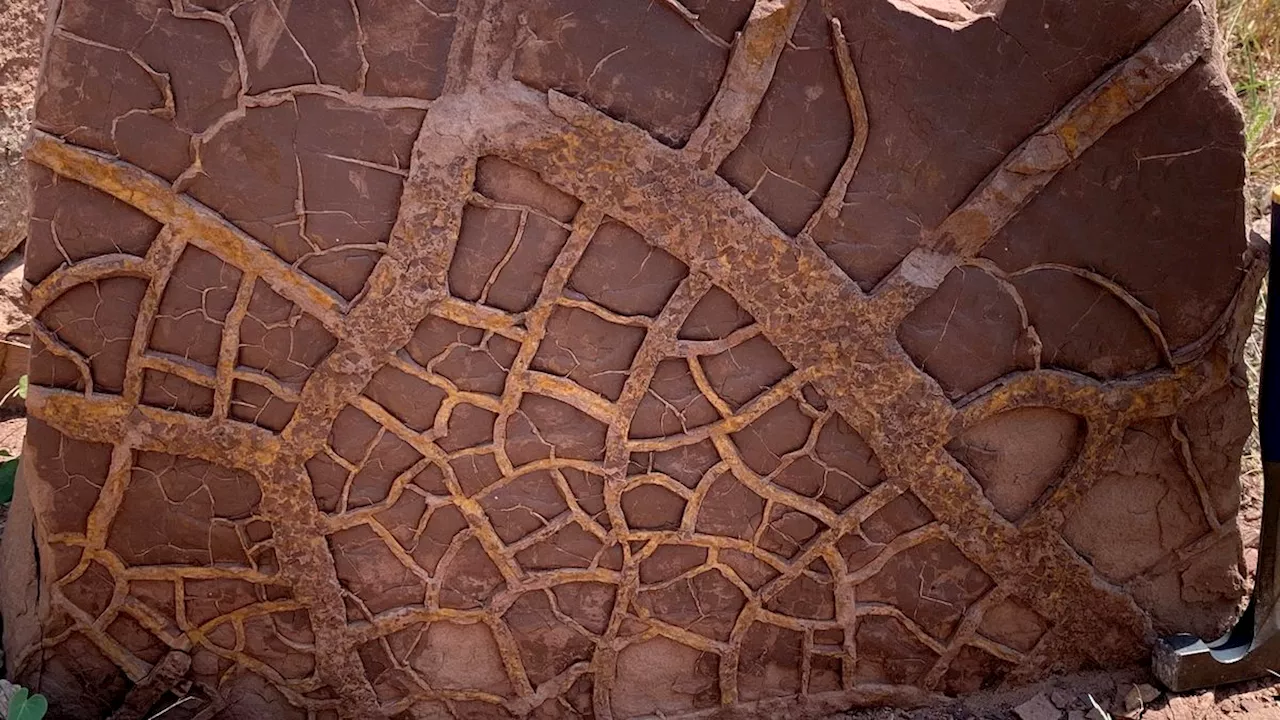 'Mega' El Niño may have fueled Earth's biggest mass extinctionStephanie Pappas is a contributing writer for Live Science, covering topics ranging from geoscience to archaeology to the human brain and behavior.
'Mega' El Niño may have fueled Earth's biggest mass extinctionStephanie Pappas is a contributing writer for Live Science, covering topics ranging from geoscience to archaeology to the human brain and behavior.
Read more »
